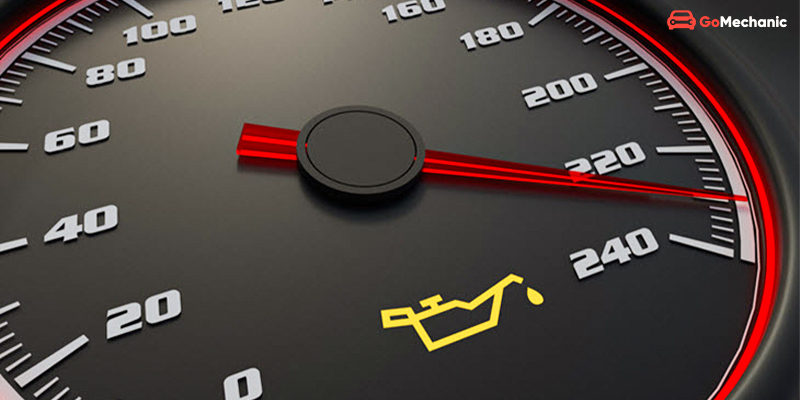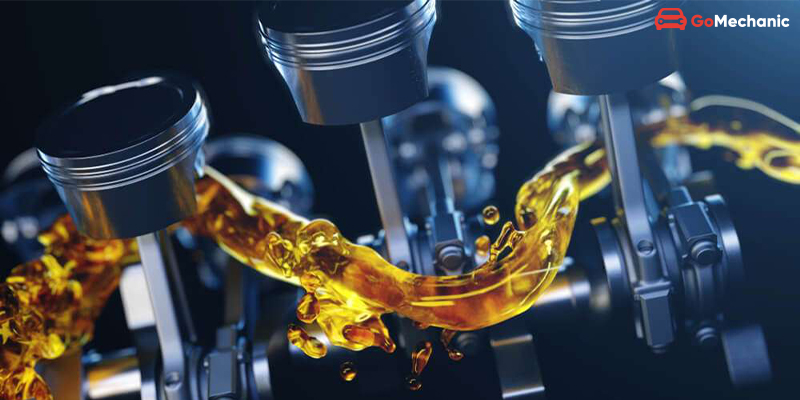Keeping your vehicle in top condition is crucial for its longevity and performance, and one of the simplest yet most effective ways to achieve this is through regular car oil changes. Oil plays a vital role in lubricating, cooling, and cleaning the engine, but over time, it breaks down and becomes less effective. This blog explores the importance of regular oil changes, highlighting how they protect your engine, improve your vehicle’s performance, and ultimately save you money on costly repairs. Join us as we delve into why skipping this routine maintenance task can have more consequences than you might think.
Mastering the Basics of Car Oil Changes for Vehicle Maintenance
Car engine oil change is crucial for mitigating and eliminating the buildup of dirt within your engine. Engine oil fulfills several vital functions, including lubricating engine components to diminish friction and wear. Over time, oil can become contaminated with dirt, debris, and combustion byproducts, transforming into sludge. This sludge impedes the oil’s lubricating abilities, leading to increased friction and engine wear.
Functionality of Engine Oil: An In-Depth Overview
- Lubrication of Engine Components: Fresh, clean oil provides optimal lubrication among the engine’s moving parts, minimizing friction and wear. This protective layer ensures the longevity of critical components like pistons, valves, and camshafts.
- Temperature Regulation and Engine Fuel Efficiency: As oil ages, it loses its ability to regulate temperature effectively. The engine generates significant heat during operation, with oil acting as a conduit, absorbing this heat and transferring it to the radiator for dissipation. Regular car oil changes enhance engine efficiency by maintaining smooth operation.
- Removal of Contaminants and Maintenance of Engine Cleanliness: Over time, oil accumulates contaminants such as dust, metallic shavings, and antifreeze, which can corrode engine components.
- Prolonged Engine Life and Improved Engine Performance: Engines with proper lubrication suffer less wear and have a longer lifespan. Fresh oil ensures smoother operation and enhanced responsiveness.
- Decrease in Emissions and Engine Protection: A well-lubricated engine burns fuel more efficiently, resulting in lower emissions. This protection is crucial for the engine’s longevity and performance.
Types of Engine Oil:
- Synthetic Oil: Synthetic oil molecules are more uniformly shaped, with fewer impurities and superior properties compared to conventional oil. However, synthetic oil costs two to four times more than regular oil.
- Conventional Motor Oil: Derived from refined crude oil, conventional oil may exhibit inconsistencies at the molecular level due to the refinement process.
- Blended Oil: Blending oils is a simple method to create products with specific, desired properties, offering economical and health benefits for future production.
Signs Your Vehicle Needs a Car Oil Change

Visual Indicators:
- Dirty Oil: Promptly schedule a change in engine oil to avoid increased engine wear and reduced performance.
- Low Oil Levels: If the oil level is low, add oil that meets your vehicle’s specifications, or consider changing it if the current oil is dirty.
Performance Indicators:
- Engine Noise: Old or low oil levels can cause your engine to sound louder than usual.
- Irregular Idling or Running Rough: These issues may result from inadequate lubrication in the engine.
Mileage and Time Intervals:
- Manufacturer’s Recommendation: Consult your vehicle’s owner’s manual for the recommended time period of changing your engine oil.
- Time-Based Changes: Even with infrequent driving, change your oil at least once a year.
Consequences of Neglecting Car Oil Changes
Neglecting car engine oil change compromises your vehicle’s performance, reliability, and longevity. Regular oil changes, a simple and cost-effective maintenance task, yield significant benefits over the long term.
How Often Should You Change Your Engine Oil
- Older Vehicles: Adhere to mileage-based intervals, with schedules for “normal” and “severe service” driving conditions. “Severe service” includes short trips, extreme climates, stop-and-go traffic, and carrying heavy loads.
- Synthetic Oils: Ideal for high-performance vehicles, change every 6 months or after 6000 miles.
- Semi-Synthetic Oils: Change every 5 months or after 5000 miles, offering a balance between synthetic and conventional oils.
- Conventional Engine Oils: Recommended for older vehicle models, change every 3 months or after 3000 miles.
Choosing the Right Engine Oil for Your Vehicle

- Consult your car’s manual for recommended oil weight and type.
- Adjust oil weight based on seasons and vehicle use.
- Select API-tested oil brands with the starburst symbol.
- Look for service designations like SP (for gasoline engines) or CK-4 (for diesels).
- Ensure the oil meets current American Petroleum Institute standards.
DIY Car Oil Changes vs. Professional Service
DIY Oil Change:
- Pros: Cost-effective, control over the process, convenient.
- Cons: Time-consuming, safety risks, proper disposal needed.
Professional Oil Change:
- Pros: Comprehensive service, expertise, potential warranties.
- Cons: Higher cost, scheduling required.
Cost Considerations for Oil Changes
- Variability in Professional Costs: Prices depend on location, oil type, and extra services.
- DIY Cost-Effectiveness: Initial spend on materials can save money over time.
- Impact of Frequency & Oil Type: Costs are influenced by change intervals and oil selection.
- Bundle Deals: Offer value but might increase initial expenses.
- Warranty Considerations: Follow required intervals to maintain warranty.
- Compare Services: Always shop around for the best oil change deals.
Conclusion
Regular oil changes are essential for maintaining vehicle efficiency, reliability, and performance, especially in challenging traffic conditions. These maintenance tasks extend engine life, enhance fuel efficiency, and reduce emissions by removing contaminants and ensuring optimal lubrication.
Choosing the right oil—synthetic, conventional, or blended—based on vehicle requirements and driving conditions, alongside recognizing signs for timely oil changes, is crucial. Whether opting for professional services or DIY, cost considerations and warranty requirements play a significant role. Ultimately, informed decisions on oil changes contribute to a smoother, more reliable driving experience, underscoring their importance in vehicle care.





